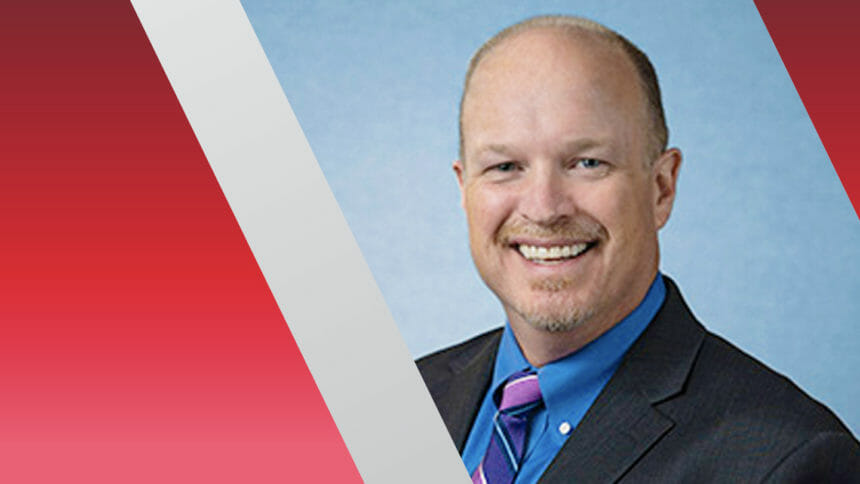
Legislation moving through the Arizona state senate would privatize nursing home surveys and double the number of annual inspections, a shift that sector advocates said would jack up costs and not improve facility quality.
“You cannot punish facilities into good behavior,” said Dave Voepel, CEO of the Arizona Health Care Association, who testified Tuesday before the state Senate’s Committee on Health and Human Services. “If you want to truly improve quality, you must examine the very nature of the current regulations and create new standards of care.”
The legislation stems from a “very disturbing audit” of the state Department of Health Service in 2019 that found neither inspections nor follow ups on complaints were happening, said sponsor Sen. Steve Kaiser (R-District 2). The report found that the department had “closed several high priority complaints without a required onsite investigation,” according to KJZZ. It made five recommendations, none of which the department had implemented by 2022, according to the state’s Auditor General in a follow up report last May.
Findings from the audit include:
• Complaints closed without investigation involved a lack of pressure injury precautions, residents being left in soiled conditions “for an extended time,” and other forms of alleged abuse or neglect;
• The department failed to conduct onsite investigations within the required 10 days for 73% of the 156 high-priority complaints.
• The department “inappropriately” shifted 98% of open high-priority complaints to a lower-priority status, which then allowed for inspections to take place within one year rather than 10 days.
After the follow up report, Don Herrigton, the interim director of the Department of Health Services, said the agency’s primary focus had shifted to infection control surveys to minimize COVID-19 outbreaks at nursing homes and other facilities regulated by the agency, a practice adopted by the federal Centers for Medicare & Medicaid Services near the beginning of the pandemic.
In a KJZZ report, Herrington noted that the agency was trying to improve staffing issues in the Bureau of Long-Term Care, which had 15 open surveyor positions in May; developing clearer policies for investigating and closing complaints and self-reports; and ensuring the bureau was up to date with CMS requirements.
In a statement provided to McKnights Long Term Care News, Kaiser said the legislature has directed additional money to the department specifically to hire more inspectors.
“The department has failed to keep our seniors safe, and they should not have that responsibility any longer,” Kaiser said.
Nursing home advocates, however, warn that third-party inspectors are not a silver bullet for resolving these problems.
Voepel testified Tuesday before the Senate Committee on Health Services and provided McKnights with his written testimony in which he detailed objections in three categories: cost, quality, and federal regulations.
The legislation would require two unannounced inspections per year, which Voepel said would double all the provider work that surrounds surveys — dispute resolution, mediation, enforcement mandates, and fines. He also pointed out that federal funds cannot be used to pay for the additional inspections since the legislation only addressed the state component of surveys. Training staff, managing contracts, and accountability would come with a “high price tag,” he said.
Additionally, CMS contracts with the state Department of Health to perform federal surveys, and most states accept those inspections for their own standards. Vogel said CMS covers 60% of survey costs, which the state would have to pick up if it increases its required number of inspections.
“Few people truly understand how much the state relies on the CMS inspections process and funding because, generally, states do not have the resources to do it on their own,” Voepel told lawmakers.
The bill passed out of committee and will head to the full Senate for a vote.




